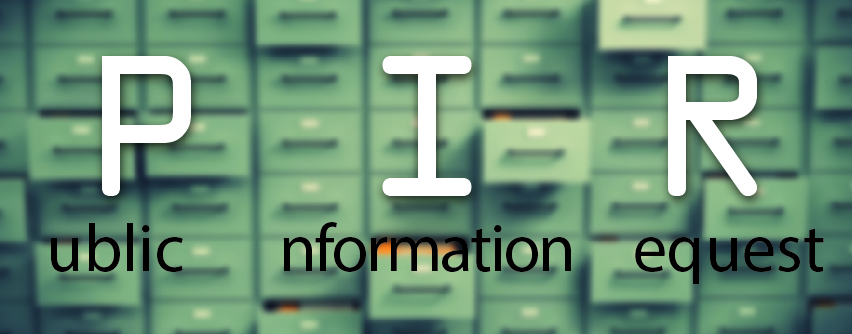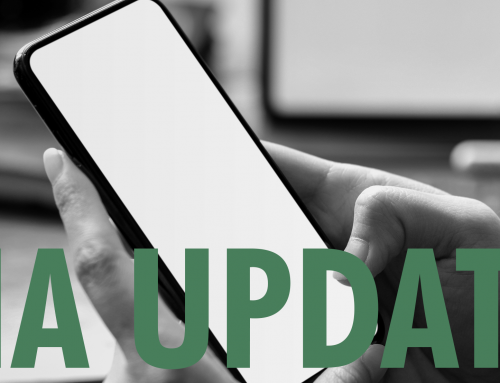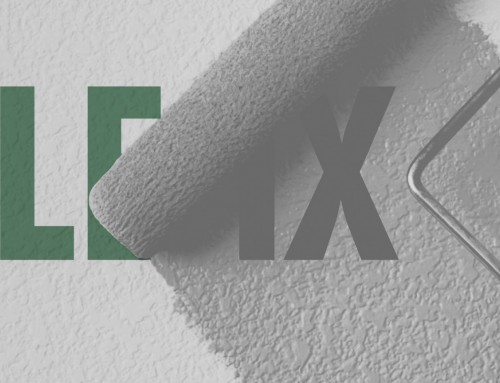Subsequently, the City of Dallas sought declaratory relief from the two Attorney General opinions so that the City did not have to turn over the attorney-client privileged information. The case eventually made it to the Texas Supreme Court. The Court looked at the definition of a “compelling reason.” First, the Court reviewed the plain meaning of the term “compelling” and looked to similar federal cases for guidance on the meaning of the terms in the statute. Then, the Court examined the significant interests that the attorney-client privilege protects. Namely, the privilege is historically significant and provides an environment that encourages clients to fully disclose all information to their attorneys in exchange for full, fair counsel. The Court also determined that missing the ten-day timeline under the TPIA did not “waive” attorney-client privilege because it did not constitute the relinquishment of a known right. Finally, the Court weighed the competing interests of the public’s right to information against the interests in attorney-client privilege, and held the importance of transparency and honesty between an attorney and client outweighed the required public disclosure.
All governmental bodies can learn two lessons from this case:
- Gathering information and abiding by TPIA deadlines will likely prevent lengthy and expensive litigation; and
- Even if the governmental entity inadvertently misses a deadline, a request to the Attorney General to withhold attorney-client privileged information is still valid.







Leave A Comment